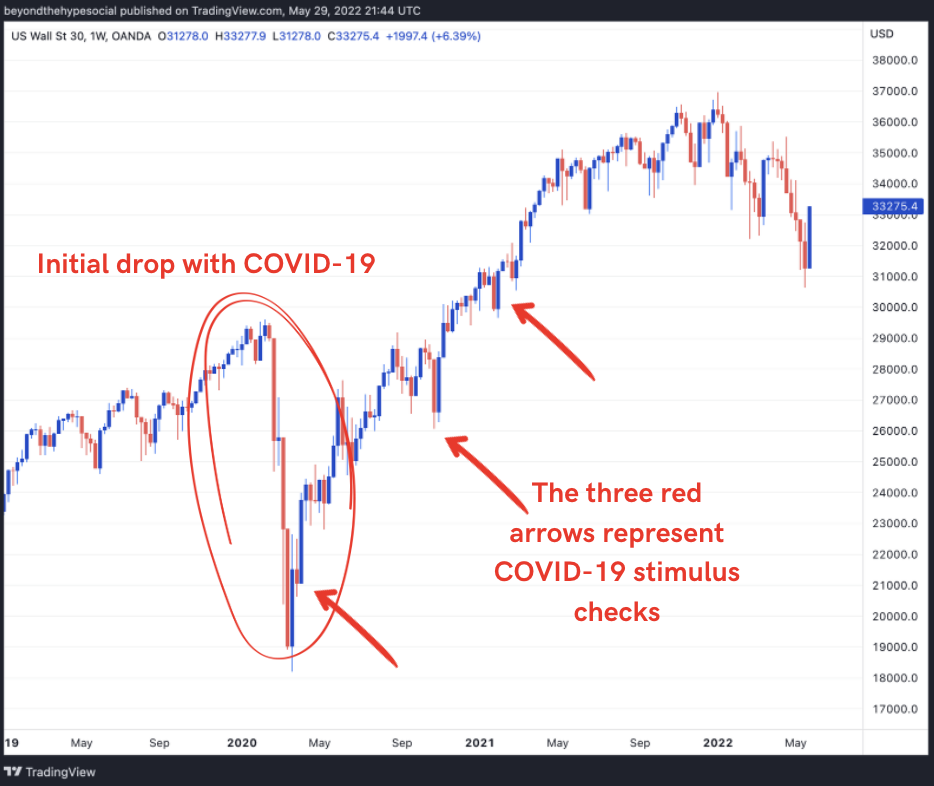More Buyers Than Sellers.
"Worldly wisdom teaches that it is better for the reputation to fail conventionally than to succeed unconventionally”

“There is nothing so disastrous as a rational investment policy in an irrational world.”
I taught my first “investments” class at the university level almost 40 years ago. Having spent a little time in the open outcry pits of Chicago, I understood the raw power of money coming into the pit. And the vacuum-sucking feeling of money leaving the pit. Pit traders don’t care about analysts’ valuations, PE ratios, or net present value calculations of future cash flows. Traders only care about “riding” waves of money coming in and out of the trading pit.


Facing 40 plus earnest undergrads, I spoke hearsay into academia. “Stocks, commodities, and real estate go up in price when there are more buyers than sellers. The downward pressure of prices is caused by sellers overwhelming buyers.” My words were an affront to the citadels of learning. The investment textbook these undergrads depended on, under my “buyer/seller” assumptions, was rendered useless.
The finance professor sitting in the back of the classroom was apoplectic with rage. My simple statement, which I knew to be true, invalidated the good professor’s entire professional career. Remember, 40 years ago the notion of behavioral finance or economics was in its infancy. Wall Street in the 1980s was a pure numbers game. Or, so they thought.
Fast forward 40 years. The stimulus payments issued to Americans under COVID-19 assistance offered the perfect laboratory to prove my 40 years old theory. Several academics jumped at the chance.
With the advent of the covid-19 pandemic stocks briefly plunged down. (see the chart of the Dow Jones Industrial Average below) But the rebound was substantial: $10,000 deposited into a fund tracking the S&P 500 in March 2020 would have grown to $21,416 at the market’s peak in December 2021.

Digging deeper into the data found that retail investors performed much better than the overall market. Tales of newly minted meme-stock millionaires who got rich backing GameStop, a video-game retailer, prompted some observers to reconsider the skills of retail investors. Might they have some advantage over the pros? Or was it a targeted pile of money pouring into the market at one time? My “more buyers than sellers” thesis.
The researchers suggested a significantly less sexy answer. $800bn of stimulus cheques. A new research paper by Robin Greenwood of Harvard and Jeffrey Wurgler and Toomas Laarits of New York University explores the effect of $800bn. They observed that from January 2020 to April 2021 an equally weighted portfolio of stocks in which retail investors were most active gained nearly 150%, against 38% for the overall market. (see below)

Researchers found that in April 2020—two weeks after the first round of stimulus payments—these shares gained 13%, whereas the overall market was up just 2%. And two weeks after Americans received another $600 in December 2020, the same retail portfolio had surged by 24%, compared with 4% for the market as a whole.

The researcher’s work (sourced below) suggests that the volume of money or buyers “does” cause prices to rise. Buyers can overwhelm sellers. Not the message academia is thrilled to impart to investment masses.
Specifically, Greenwood, Wurgler, and Laarits concluded, “The results also highlight a new and rather undesirable channel for fiscal stimulus. While fiscal policy can impact stocks intendedly through changes in fundamentals (current investment orthodoxy) —and we showed this clearly for the CARES Act—our evidence suggests that direct payments to individuals may also provide fuel for speculation. (More buyers than sellers) The potential for broad-based direct payments to lead to speculation should be an element of future policy discussions.”
Additionally, a 2007 study concluded, “the government, in formulating monetary policy, must be aware of the fact that the stock market responds more favorably to an increase in the money supply. The government must also be conscious that the stock prices tend to increase when the government implements expansionary policy to increase GDP and decrease unemployment rates.” With more money; more buyers than sellers' stock, commodity or real estate prices go up. It is a simple demand versus supply imbalance.
I rest my 40-year-old case.
Until next time. Travel safe.
Sources: “The economic impact of covid-19”, by Raj Chetty et al., 2020; “Stockmarket stimulus”, by Robin Greenwood, Toomas Laarits & Jeffrey Wurgler, NBER working paper, March 2022. Maskay, Biniv, “Analyzing the Relationship between change in Money Supply and Stock Market Prices” (2007). Honors Projects. 35.

